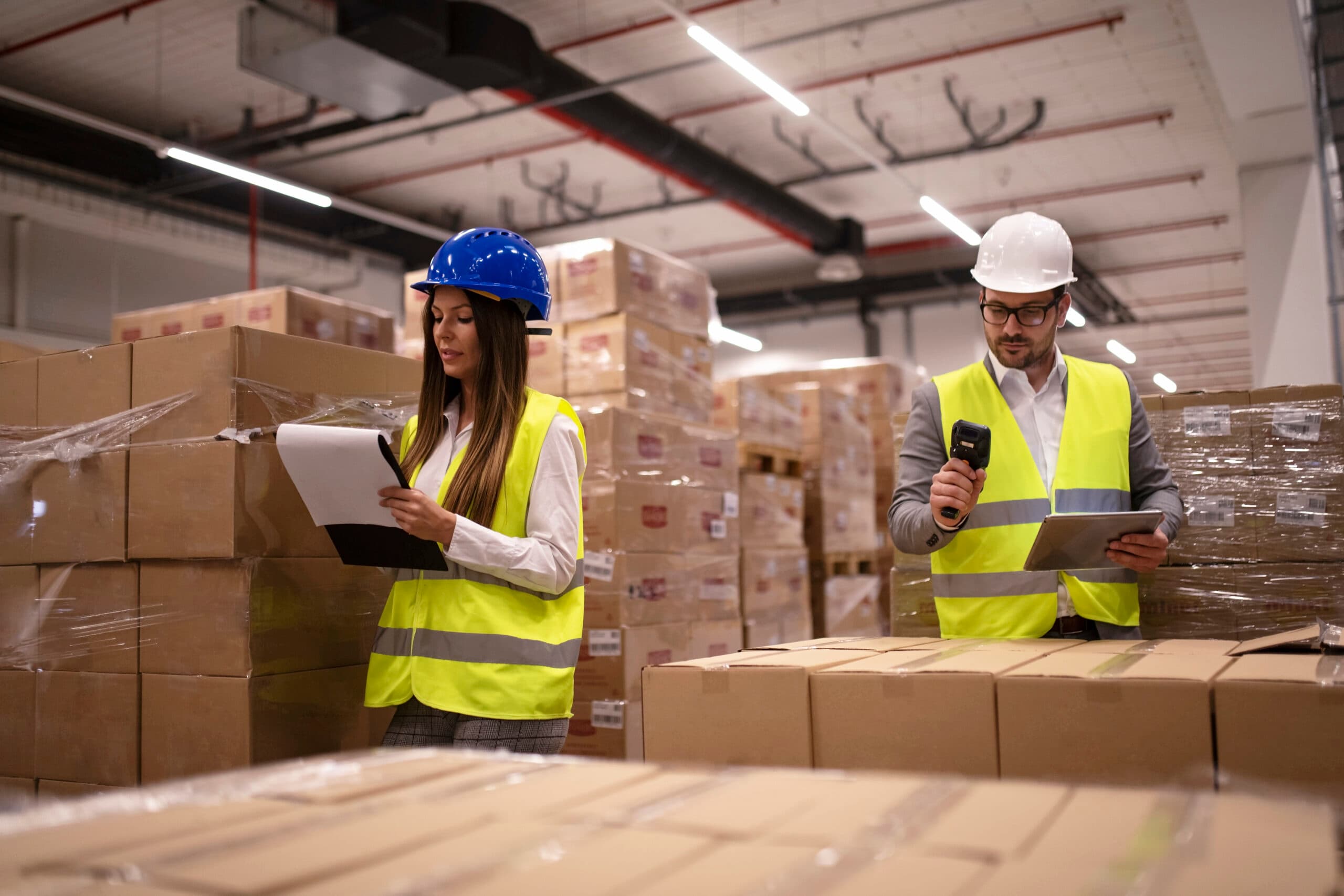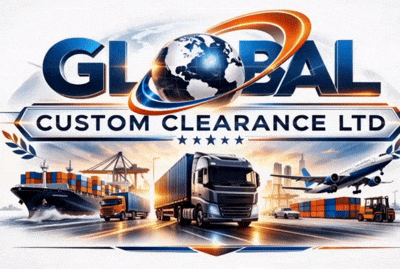Building Global Connections: How Customs Clearance Limited UK Drives UK Trade Success

In the dynamic world of international trade, seamless logistics and regulatory compliance are key to maintaining a competitive edge. Every shipment that crosses borders must undergo a complex process known as customs clearance — a procedure that ensures goods comply with all applicable laws and regulations before entering or leaving a country. Within the United Kingdom, this process plays a vital role in supporting the nation’s trading ecosystem, connecting businesses to global markets. Companies such as Customs Clearance Limited UK have become instrumental in helping importers and exporters overcome these challenges efficiently, ensuring that global trade remains both compliant and uninterrupted.
Understanding the Role of Customs Clearance
Customs clearance refers to the process of preparing and submitting documentation required to facilitate the import and export of goods. This includes verifying invoices, assessing duties and taxes, classifying products under the correct tariff codes, and ensuring compliance with import and export regulations.
In essence, customs clearance acts as the “gateway” between countries, determining whether goods are eligible to enter or leave a nation based on legal, safety, and financial criteria. It’s a crucial step that impacts delivery timelines, cost management, and even the reputation of trading businesses.
Without effective customs clearance, businesses risk costly delays, penalties, or confiscation of goods. In a fast-moving global market, such setbacks can significantly disrupt supply chains, affecting both profitability and customer satisfaction.
Why Customs Clearance Matters in UK Trade
The UK has long been one of the world’s most active trading nations, with imports and exports forming a major part of its economy. Following changes in trade agreements and global economic shifts, customs clearance has become even more significant in maintaining the smooth flow of goods across borders.
For UK businesses, efficient customs clearance ensures:
- Faster transit times: Reducing delays at ports and airports.
- Accurate duty and tax payments: Preventing overpayments or underpayments that can lead to penalties.
- Regulatory compliance: Ensuring adherence to UK and international trade laws.
- Transparency: Maintaining a clear record of shipments for audits or customs reviews.
- Operational efficiency: Allowing companies to focus on business growth rather than paperwork and compliance challenges.
When managed correctly, customs clearance not only facilitates trade but also enhances trust between global partners by demonstrating reliability and adherence to international standards.
Key Elements of the Customs Clearance Process
The customs clearance process is detailed and involves multiple stages. Some of the key steps include:
- Documentation Verification:
The importer or exporter must provide essential documents such as a commercial invoice, packing list, bill of lading, certificate of origin, and other relevant paperwork. These documents are reviewed by customs authorities to validate the shipment’s content and value. - Tariff Classification:
Each product is assigned a tariff or commodity code under the UK Trade Tariff system. This classification determines the duties, taxes, and any restrictions applicable to the goods. - Duty and VAT Assessment:
Customs officers calculate the import duty and value-added tax (VAT) payable. Proper declaration ensures that payments are accurate and compliant with UK tax regulations. - Inspection and Clearance:
Depending on the type of goods and their risk profile, customs authorities may inspect shipments to ensure they match the declared information. Once approved, the goods are cleared for entry or export. - Delivery Release:
After clearance, goods are released for transportation to their final destination – whether a warehouse, retailer, or end customer.
This structured process safeguards trade integrity, ensures consumer protection, and upholds the UK’s reputation as a reliable global trading hub.
Challenges in Modern Customs Clearance
Despite advancements in digitalisation and automation, customs clearance remains a complex area influenced by various global and local factors. Businesses often face challenges such as:
- Changing regulations and trade agreements: Adjusting to post-Brexit trade requirements or new bilateral deals can be demanding.
- Documentation errors: Even minor mistakes in paperwork can cause shipment delays.
- Tariff fluctuations: Duties may vary depending on product origin and trade policies.
- Compliance risks: Misclassification or under-declaration can lead to penalties and investigations.
- Logistical coordination: Aligning customs procedures with freight, warehousing, and delivery schedules requires precise management.
Addressing these challenges demands both expertise and experience — areas where professional customs brokers and clearance service providers play an essential role.
How Customs Clearance Limited UK Supports Trade Success
Amidst the complexities of global trade, Customs Clearance Limited UK serves as a trusted partner for businesses navigating customs procedures. By combining in-depth knowledge of UK customs law, global trade regulations, and modern technology, such companies streamline the clearance process from start to finish.
They assist businesses in documentation preparation, accurate tariff classification, and duty calculation — reducing the risk of non-compliance. Their expertise helps importers and exporters maintain cost efficiency and ensure timely deliveries, thereby strengthening supply chain reliability.
Furthermore, these professionals act as intermediaries between traders and customs authorities, ensuring clear communication and swift issue resolution. In a trading environment where time equals money, this efficiency can significantly boost a business’s global competitiveness.
Digital Transformation in Customs Services
The digital evolution of customs operations has revolutionized how goods are processed. Electronic data interchange (EDI), digital declarations, and automated tracking systems now enable faster and more accurate customs clearance.
These innovations improve transparency, reduce human errors, and accelerate communication between logistics providers and customs officials. For businesses, this means smoother operations and better visibility across their international trade activities.
In the UK, the government’s move toward a fully digital customs platform has further simplified compliance procedures — a transformation that benefits companies relying on quick and reliable clearances.
The success of international trade depends not only on what businesses produce or sell but also on how effectively their goods move across borders. Customs Clearance Ltd is the bridge that connects local businesses with the global marketplace.
With efficient, compliant, and technology-driven solutions, companies like Customs Clearance Limited UK continue to play a pivotal role in strengthening the UK’s trade infrastructure. By simplifying complex customs processes, they help businesses save time, reduce costs, and build lasting global connections — ensuring that the UK remains at the forefront of world trade for years to come.



